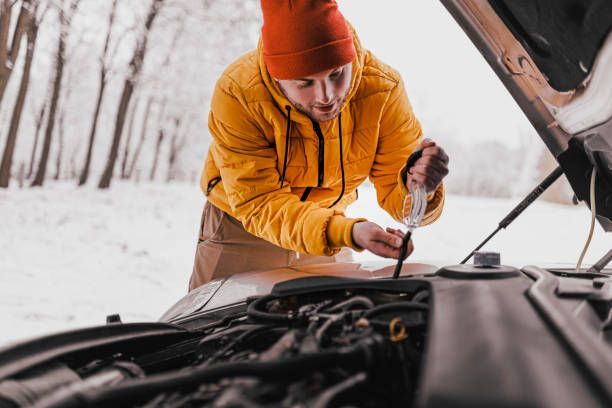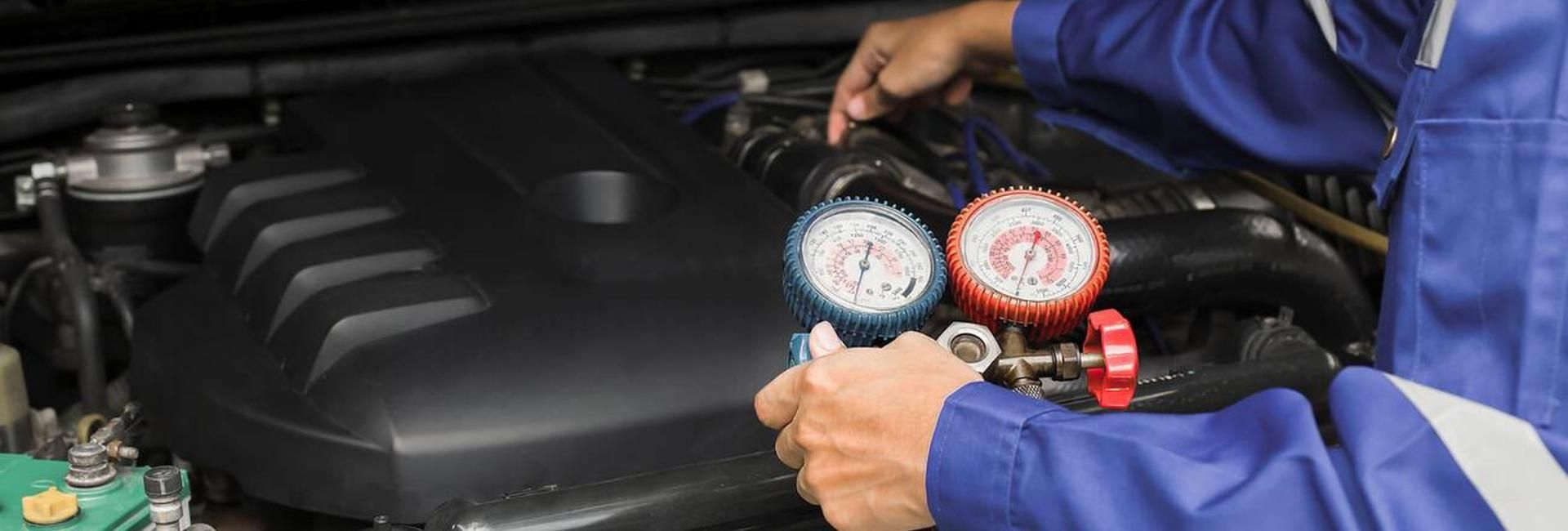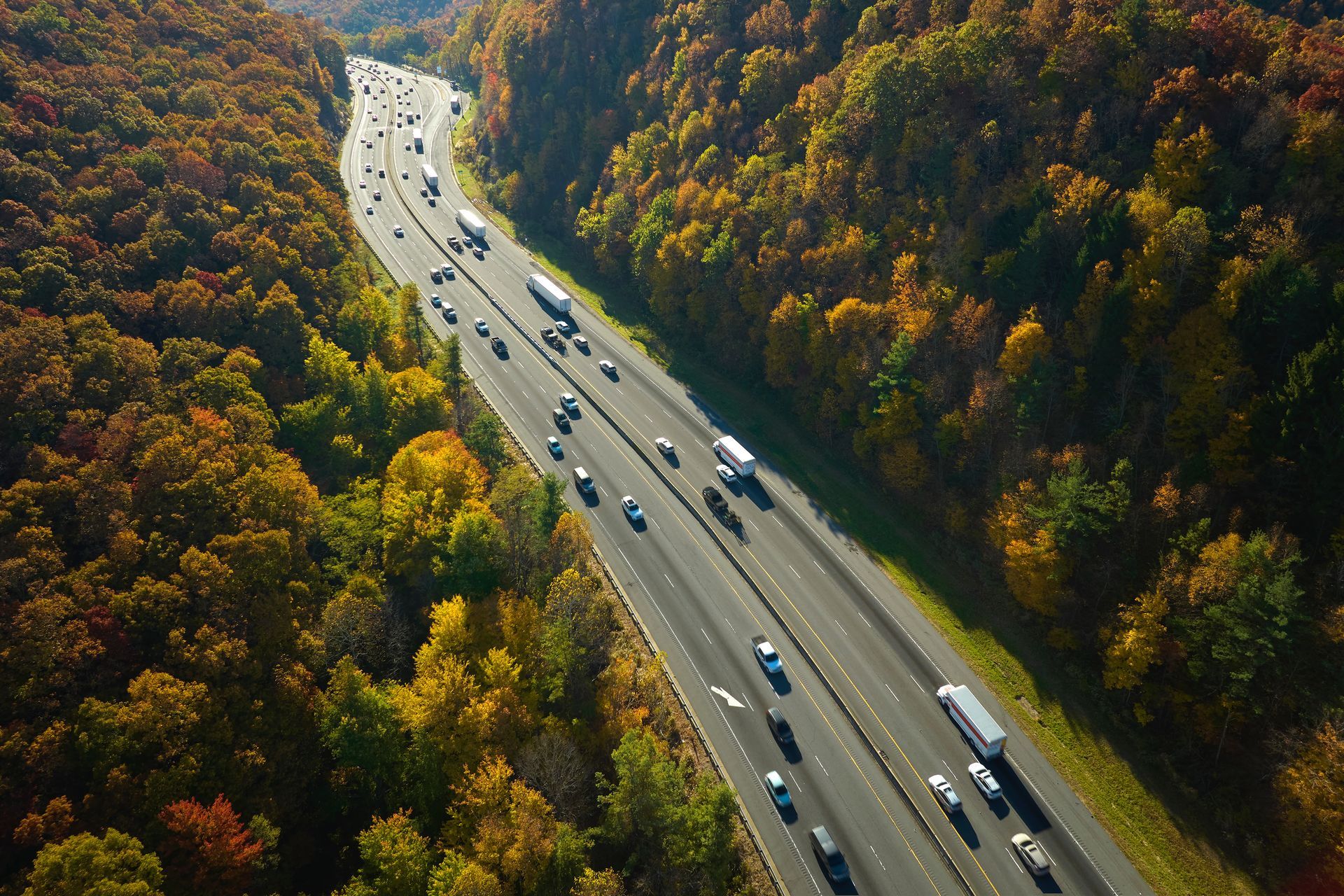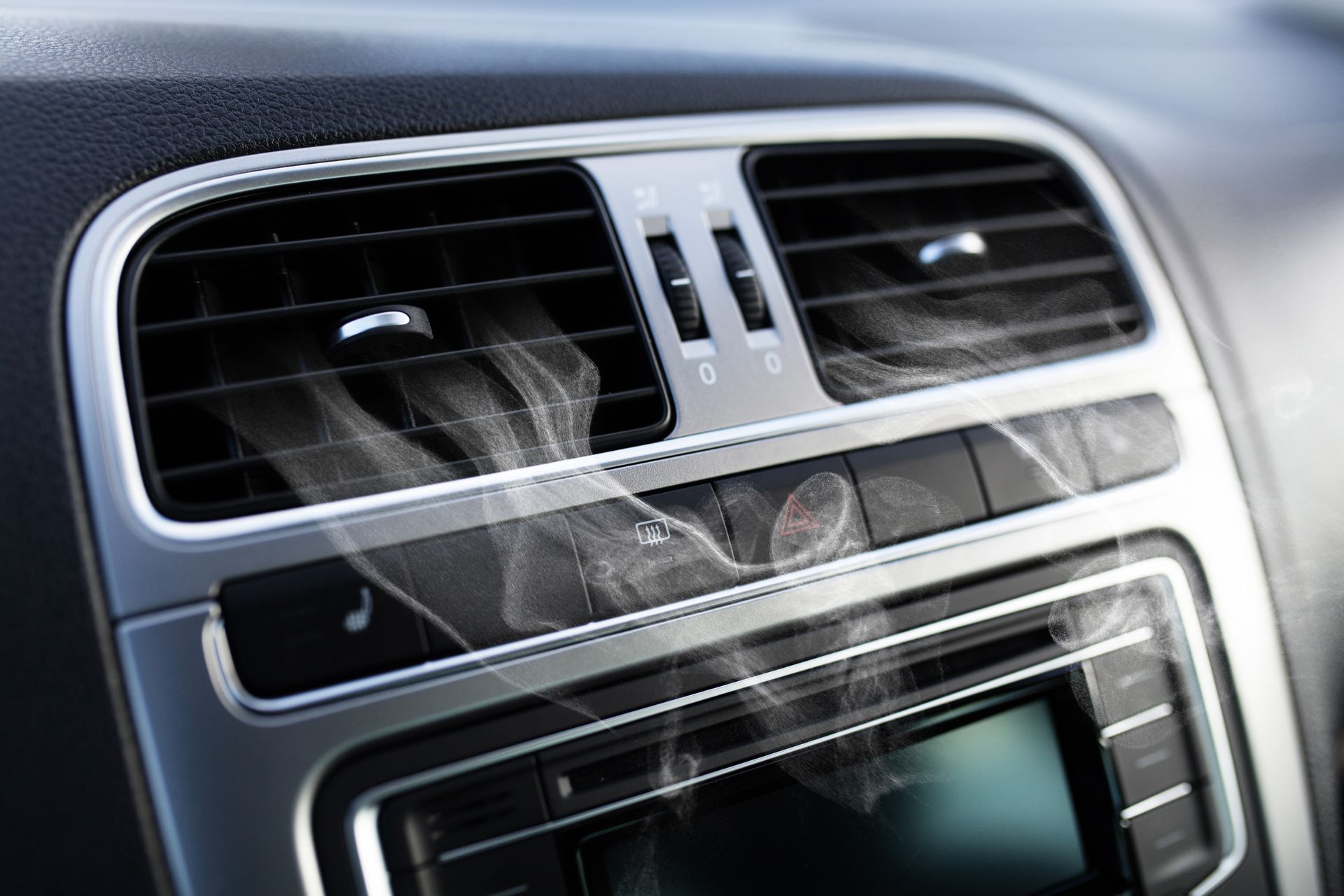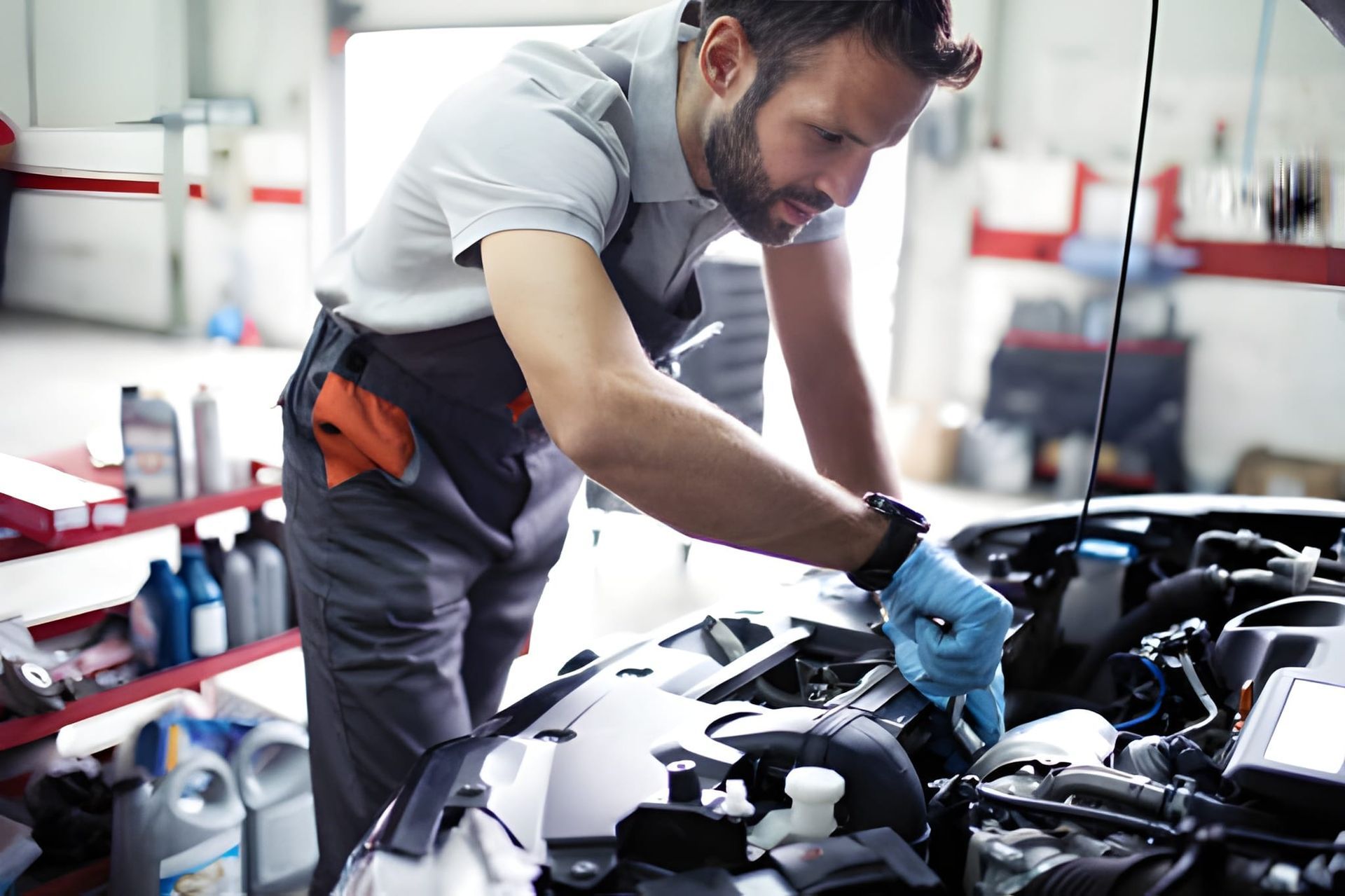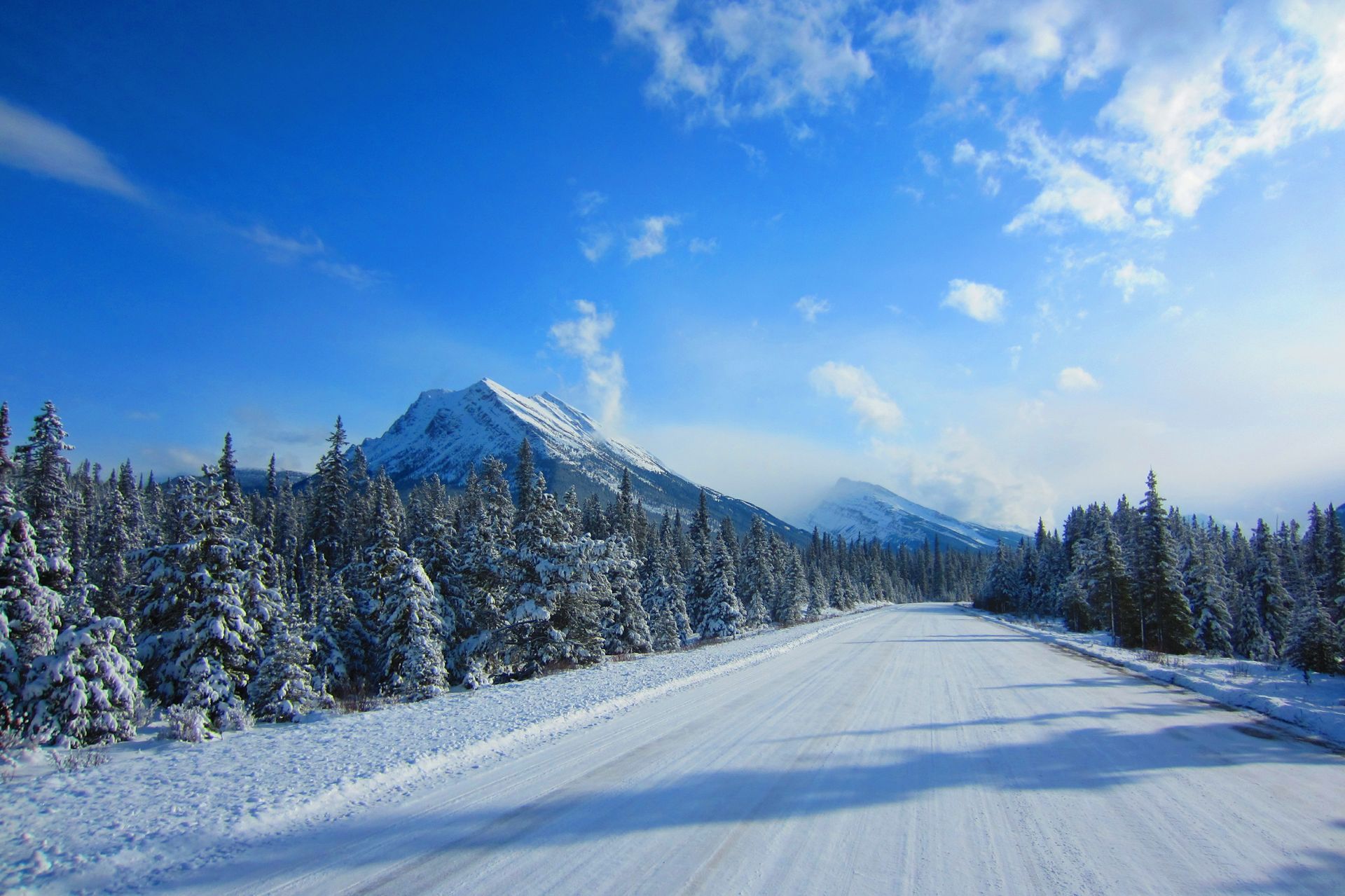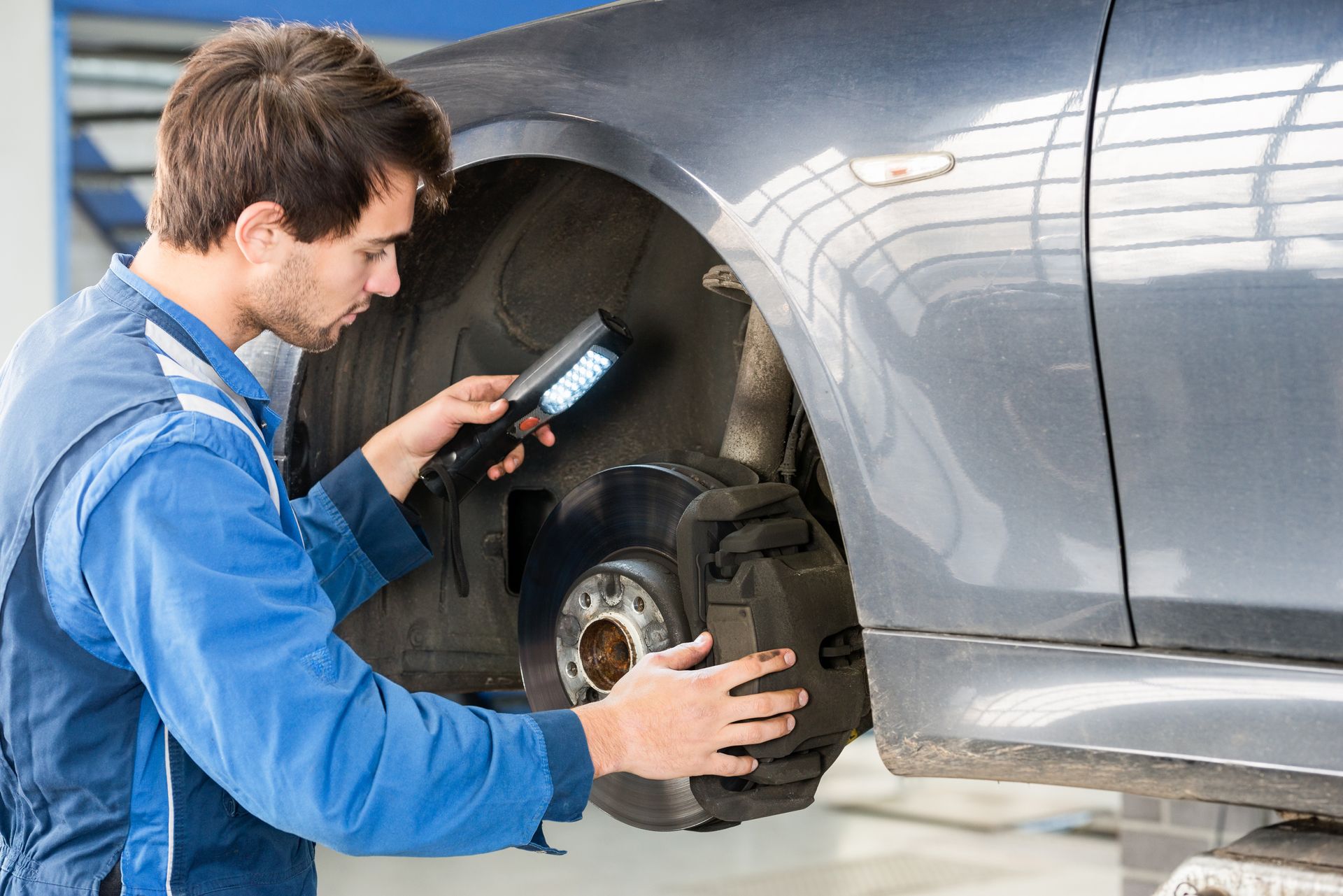Driving through the Rocky Mountains is a breathtaking experience, but it presents unique challenges for your vehicle. The stunning sceneries are matched by the steep climbs and high altitudes that can significantly impact your car's performance. Understanding these effects can help you prepare better for such a journey, ensuring a safer ride.
High Altitude and Its Effects on Cars
Altitude plays a crucial role in car performance. At higher elevations, like those found in the Rocky Mountains, the air becomes thinner, containing less oxygen. This oxygen decrease affects your engine's combustion process, leading to several noticeable changes. You might find your car losing power, struggling to climb steep inclines, and consuming more fuel than usual. But why exactly does this happen?
Decreased Engine Power
One of the most immediate impacts of high altitude is a reduction in engine power. Modern internal combustion engines rely on a precise mixture of fuel and air to operate efficiently. With less oxygen available in the thinner air at higher altitudes, the engine cannot burn fuel as effectively. This results in a noticeable drop in power, often referred to as "altitude sickness" for cars. Typically, a car loses about 3% of its power for every 1,000 feet of elevation gain. This power loss can be particularly evident when accelerating or maintaining speed on steep mountain roads.
Increased Fuel Consumption
As your engine struggles to get enough oxygen, it compensates by burning more fuel. This inefficiency leads to higher fuel consumption, which can catch many drivers off guard. If you're planning a trip through the Rockies, budgeting extra fuel stops is wise. Keep in mind that climbing steep grades demands more energy from your engine, further increasing fuel use. Regularly checking your fuel levels and being aware of gas station locations along your route can prevent any inconvenient run-outs.
Impact on Cooling Systems
The cooling system in your car also faces additional strain at high altitudes. Thinner air is less effective at dissipating heat, meaning your engine and transmission may run hotter than usual. This can be exacerbated by the increased load on your engine from climbing steep inclines. Ensuring your cooling system is in top condition before tackling mountain roads is essential. Check your coolant levels, inspect hoses for leaks, and consider having your radiator flushed if it's been a while since the last service.
Brake Performance and Overheating
Descents in the Rockies can be just as challenging as the climbs. Constant braking on long downhill stretches can lead to brake overheating and fade. This is particularly dangerous as it reduces your stopping power precisely when you need it most. To mitigate this risk, use engine braking by downshifting to a lower gear rather than relying solely on your brakes. This technique helps control your speed and reduces the likelihood of brake failure.
Effect on Tires
Tires are another component that can be affected by high altitude driving. As you ascend, the air pressure decreases, causing the air inside your tires to expand. This can result in over-inflated tires, which have less contact with the road surface and can lead to reduced traction. It's important to check your tire pressure before and during your journey, adjusting as necessary to maintain proper inflation levels. Under-inflated or over-inflated tires can compromise your vehicle's handling and increase the risk of blowouts.
Preparing Your Vehicle for High-Altitude Driving
Preparation is key when planning to drive through the Rocky Mountains. Start by ensuring your vehicle is well-maintained. A comprehensive check-up should include examining the engine, cooling system, brakes, and tires. Replacing air filters can help improve your engine's efficiency at high altitudes. Additionally, consider carrying extra supplies such as coolant, oil, and a spare tire. Being prepared for any eventuality can save you from potential headaches and keep your journey enjoyable.
Dealing with Altitude Sickness for Cars
While there's no quick fix for the power loss experienced at high altitudes, understanding and adjusting your driving habits can make a significant difference. Plan your route with elevation changes in mind and allow extra time for your journey. Avoid aggressive acceleration and sudden stops, and use lower gears to maintain control on steep descents. If your vehicle is struggling excessively, taking breaks to allow the engine to cool down can prevent overheating.
Prepare your vehicle for mountain driving with a comprehensive check-up at
The Garage Automotive Solutions. Our professionals ensure your car is ready for any altitude challenge.
